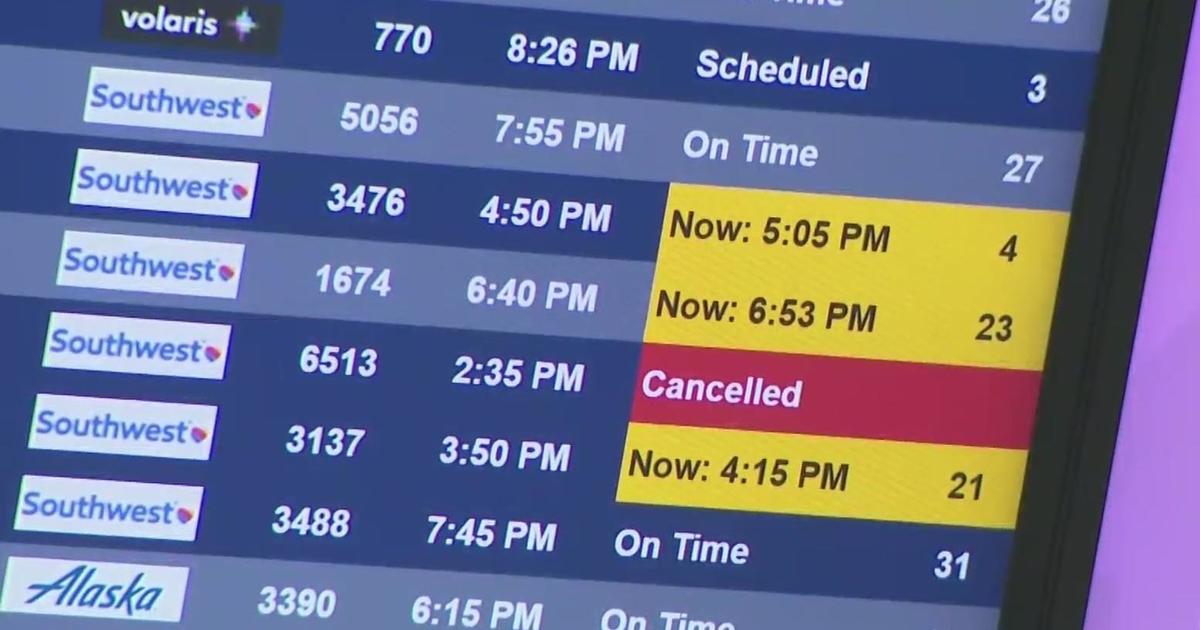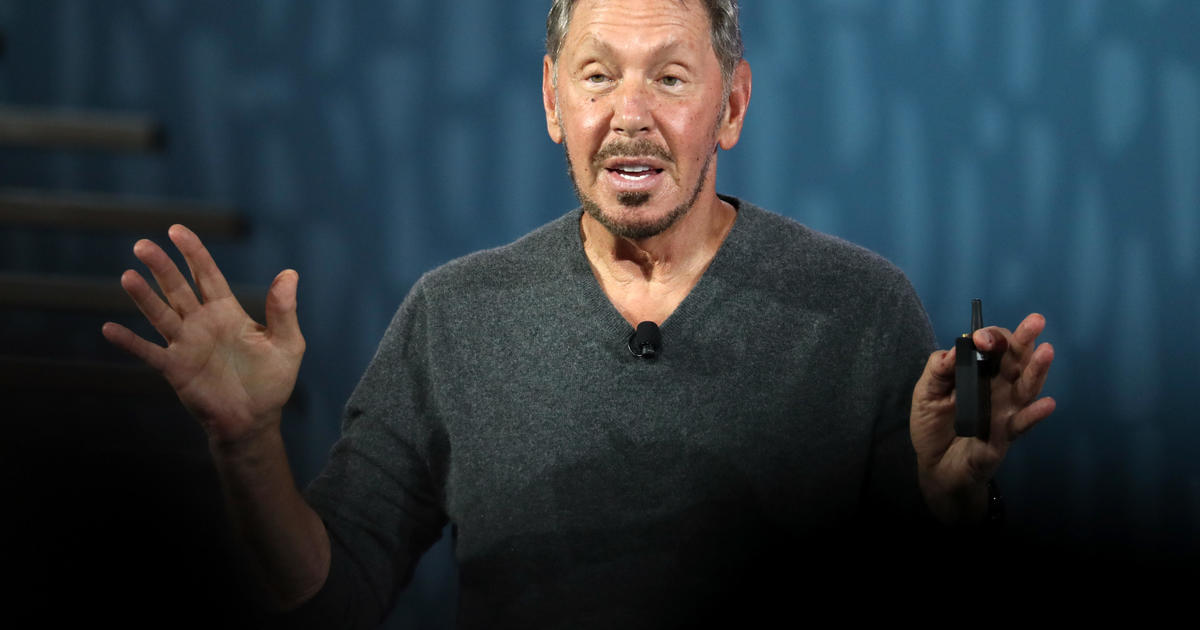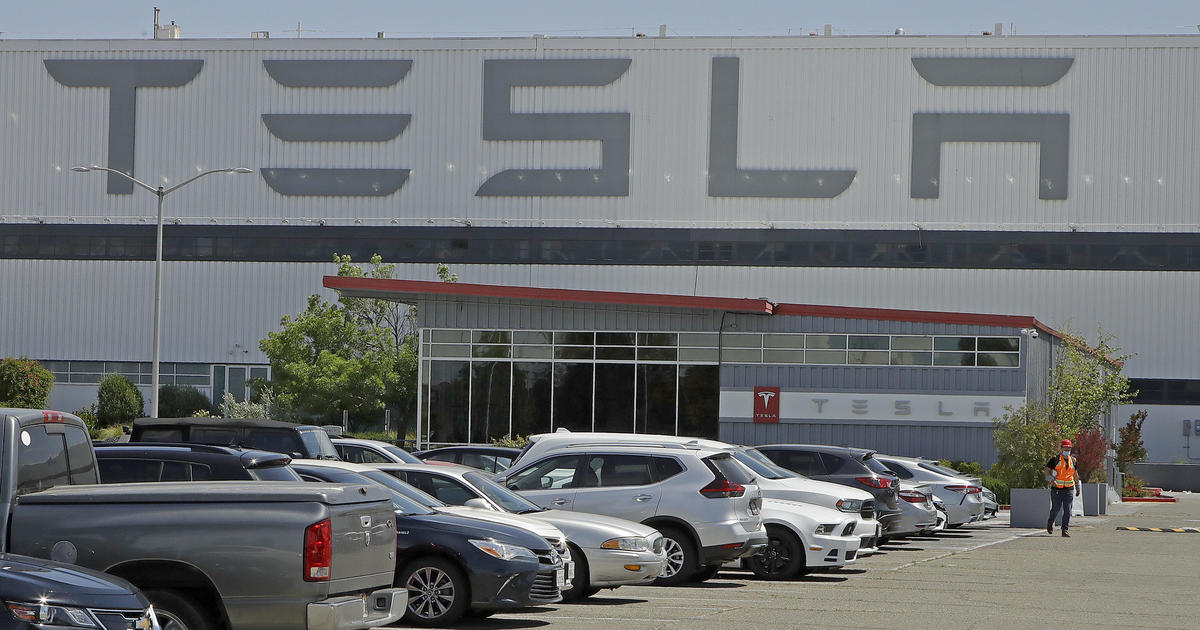President Trump Announces U.S. Recognizes Jerusalem As Israel's Capital
(CBS News) -- In an unprecedented move, President Trump announced Wednesday that the U.S. recognizes Jerusalem as Israel's official capital, an action that is likely to inflame the Middle East and the Arab world.
The president delivered a statement on his decision from the White House Diplomatic Reception Room Wednesday afternoon. Mr. Trump said he will also direct the State Department to begin the process of moving the U.S. embassy from Tel Aviv to Jerusalem, but he will sign a waiver that will delay the move in order to avoid significant funding cuts, senior administration officials said.
In explaining the move, which breaks with Mr. Trump's predecessors, officials emphasized that recognizing Jerusalem as Israel's capital is a "recognition of reality." They also admitted that the president is fulfilling a promise that he made on the 2016 campaign trail. Officials said that it was not possible to move the embassy to Jerusalem immediately, however, and it could take "a matter of some years."
"This is not an instantaneous process," one official said.
Officials dismissed the idea that moving the embassy to Jerusalem interferes with the peace process.
"It seems clear now that the physical location of the American embassy is not material to a peace deal, it's just not—it's not an impediment to peace fundamentally and it's not a facilitator of peace so, after having tried this for 22 years, an acknowledgement of reality seems like an important change," one official said.
A senior administration official said that Mr. Trump will reiterate that he is committed to peace between the Israelis and Palestinians.
"While we understand how some parties might react, we are still working on our plan which is not yet ready," the official said. "We have time to get it right and see how people feel after this news is processed over the next period of time."
The Palestinian Authority said the president's decision will have repercussions. "President Abbas warned of the dangerous consequences such a decision would have to the peace process and to the peace, security and stability of the region and of the world," a Palestinian presidency statement said on Tuesday.
Ahead of Mr. Trump's announcement, the Palestinian delegation to the U.S. even canceled a planned Christmas party that was scheduled for Wednesday on Capitol Hill.
During the 2016 campaign and throughout his administration, the president promised to move the U.S. embassy from Tel Aviv to Jerusalem. In March 2016, he told the pro-Israel lobby AIPAC, "We will move the American embassy to the eternal capital of the Jewish people, Jerusalem. And we will send a clear signal that there is no daylight between America and our most reliable ally, the state of Israel."
Efforts to move the embassy from the coast of Tel Aviv to the holy city have surfaced periodically since at least the early 1980s. President Reagan and his secretary of state, George Shultz, opposed the move. Lawmakers later passed the Jerusalem Embassy Act in 1995, signed into law by President Clinton, which authorized the U.S. to move the embassy to Jerusalem by 1999 with one caveat -- the president could indefinitely delay the move by signing a waiver every six months, citing national security concerns. In June, Mr. Trump signed the waiverfor the first time in his presidency, delaying a move of the embassy to Jerusalem.
The latest deadline to sign the waiver was Monday, but the White House has not yet said whether he signed it.
For 70 years, the U.S. embassy has been based in Tel Aviv -- along with embassies of almost all other countries with relations to Israel -- because the U.S. has wanted Israeli-Palestinian peace negotiations to determine the final status of Jerusalem. The United Nations' original partition plan from 1947 on Palestine called for Jerusalem to be an international city. The U.S. government, as a result, has not officially recognized Jerusalem as Israel's capital. Palestinians have wanted the area of East Jerusalem to be included in a future Palestinian state.
To prepare for possible violence, U.S. government employees and their families are being banned by the U.S. from personal visits to Jerusalem's Old City and the West Bank.
President Trump spoke to Israeli Prime Minister Benjamin Netanyahu, Abbas and Jordan's King Abdullah by phone on Tuesday about the decision.
CBS News' Jillian Hughes, Major Garrett and Margaret Brennan contributed to this report.



